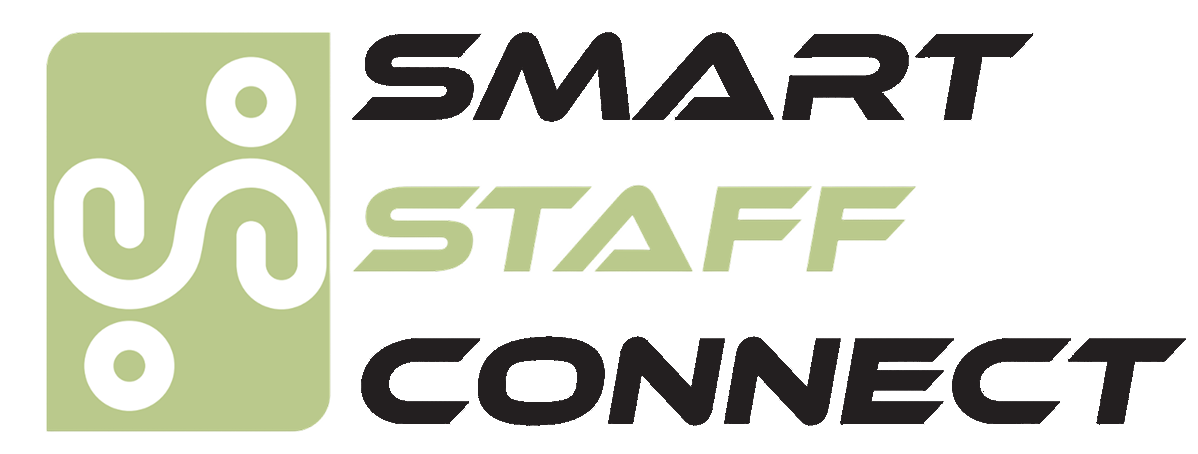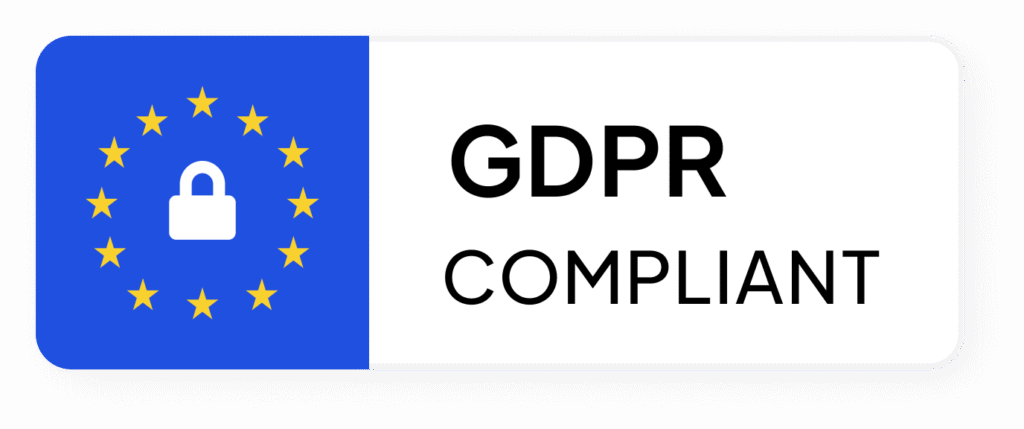Reduce Internet Abuse During Business Hours
Leveraging Digital Discipline in Recruitment Agencies: Best Practices for Productivity and Growth
In a fast-paced recruitment environment, every minute counts. With the rise of digital communication and social media, recruitment agencies face a unique challenge: balancing the vital online engagement necessary for finding top talent against the distractions that lead to inefficiencies. Inspired by contemporary guidelines on reducing internet abuse during business hours, this article explores best practices for recruitment agencies to optimize internet usage while reflecting the strategic insights of top marketing companies.
The Internet as Both a Tool and a Challenge
Recruitment agencies rely on the internet for candidate sourcing, building employer brands, and nurturing client relationships. However, when employees stray from job-critical tasks to non-work-related browsing, productivity suffers. Marketing giants have learned that establishing clear digital boundaries not only prevents misuse but also reinforces a culture of accountability. By integrating similar strategies, recruitment agencies can streamline workflows and ensure that every minute online contributes to business growth.
Crafting and Communicating a Clear Digital Usage Policy
- Develop a Robust Acceptable Use Policy (AUP): A well-drafted AUP is the cornerstone of managing internet usage. The policy should clearly outline which websites and activities are permissible during work hours, detailing the consequences of misuse. It should also acknowledge the occasional need for personal time online, while stressing that the primary focus during working hours is on service excellence and client engagement.
- Transparent Communication: Leading marketing companies underscore the importance of transparency. Roll out the AUP as part of onboarding and conduct regular refresher sessions. When policies are communicated openly, employees are more likely to understand and adhere to the guidelines, minimizing resistance and fostering a sense of collective responsibility.
Fostering a Culture of Accountability and Engagement
- Empower Your Team: Rather than enforcing draconian monitoring measures, successful organizations empower employees with the knowledge of how their internet habits affect productivity. Regular training sessions can illustrate how distractions lead to missed opportunities and demonstrate strategies for staying focused.
- Set Measurable Goals: Establish benchmarks related to productivity and digital engagement. This could involve tracking metrics like response times on professional communications or time spent on candidate sourcing versus leisure browsing. When teams understand the direct impact of their online behaviour, they tend to exhibit improved discipline.
- Recognize and Reward Discipline: Marketing firms have successfully implemented reward systems where teams are recognized for maintaining high productivity standards. Whether through bonus schemes, public acknowledgment, or career development opportunities, recognizing disciplined behaviour can encourage broader cultural change.
Harnessing Technology for Better Control
- Implement Monitoring Tools Wisely: Modern technology offers tools to monitor and manage internet usage. However, it’s crucial to apply these tools judiciously. Instead of invasive surveillance, opt for software that provides aggregated data on internet usage patterns without breaching employee privacy. This approach builds trust while keeping a check on productivity.
- Use Analytics to Inform Policy Adjustments: Regularly review the data collected through these tools to identify trends, peak distraction times, or areas where the policy might need fine-tuning. This data-driven approach, a hallmark of leading marketing companies, ensures that the strategy remains adaptive and effective over time.
Integrating Best Marketing Practices into Recruitment Strategies
- Leverage Cross-Functional Insights: Some of the most innovative marketing companies are known for integrating cross-functional insights into their operational practices. Recruitment agencies can take a page from this playbook by incorporating digital marketing team strategies into their internet usage policies. This may include streamlined digital communications, precise social media practices, and agile content management that directly impacts candidate engagement.
- Continuous Improvement and Feedback Loops: Continuous improvement is a shared value among high-performing marketing teams. Establish formal feedback channels where employees can provide input on digital policies. By considering frontline feedback, management can refine these policies to ensure they serve both the business’s interests and the employees’ need for flexible working environments.
- Emphasize the Brand Value: A disciplined and efficient online presence not only increases productivity but also enhances brand perception. Recruitment agencies that exemplify responsible digital behaviour are better positioned to attract both top-tier candidates and prestigious client partnerships. This reinforces the importance of internal practices aligning with the overall brand promise.
Practical Steps for Implementation
- Audit Current Practices: Begin with an internal review of current internet usage patterns. Identify the most common distractions and evaluate how they impact overall productivity.
- Policy Revision Workshops: Conduct workshops to collaboratively develop or update your AUP, ensuring that it resonates with your company’s culture and operational realities.
- Training and Onboarding: Integrate digital discipline training into regular onboarding and professional development programs.
- Technology Integration: Invest in user-friendly monitoring and analytics tools that provide insights without compromising employee trust.
- Regular Reviews: Set quarterly or semi-annual review meetings to analyse policy effectiveness, updating strategies as needed to meet evolving challenges.
Conclusion
By combining the operational rigor of productivity management with the strategic insights derived from leading marketing companies, recruitment agencies can turn digital discipline into a competitive advantage. Clear communication, judicious use of technology, and a culture that rewards responsible online behaviour are essential elements to reducing internet abuse. In doing so, agencies not only enhance their internal efficiency but also solidify their reputation as forward-thinking organizations committed to excellence in service delivery.
Embracing these best practices ensures that every minute spent online contributes to your mission of connecting the right talent with the right opportunities, driving success in a dynamic digital world.


